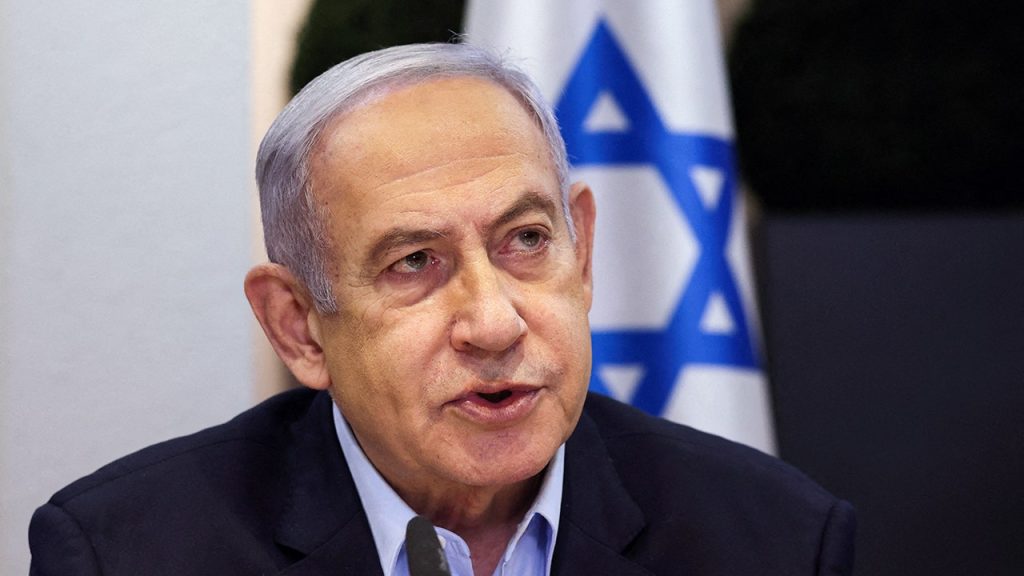Senator Chris Coons expressed concern about the potential legacy of Israeli Prime Minister Benjamin Netanyahu following President Biden’s threat to withhold offensive aid from Israel if a ground invasion on Rafah, where Palestinian civilians are sheltering, goes forward. Coons emphasized the need for Netanyahu to consider his legacy in light of recent events, specifically citing the failure of Oct. 7 and the risk of a break in the longstanding relationship between the U.S. and Israel. He urged Netanyahu to pursue a path that focuses on achieving regional security and peace for Israel, rather than risking alienation from allies in pursuit of eradicating Hamas.
Despite President Biden’s warning, Netanyahu has remained steadfast in his commitment to eliminating Hamas, even if it means losing Israel’s allies. He declared that Israel would fight with everything it has, showcasing determination in the face of potential international backlash. Coons acknowledged that the U.S. will continue to provide defensive systems to Israel but emphasized the importance of closely monitoring Netanyahu’s decisions moving forward. The senator emphasized the need for a strategic approach that prioritizes the safety and well-being of civilians in Rafah, rather than solely focusing on targeting Hamas fighters.
Coons highlighted the complexity of the situation in Rafah, where millions of civilians are caught in the crossfire of the conflict between Israel and Hamas. He outlined two potential paths for Netanyahu to choose from, one involving the bombing and invasion of Rafah to root out Hamas fighters and the other focusing on the relocation of civilians with a plan developed in cooperation with the United States. Coons stated that the U.S. does not fully endorse the latter plan yet, indicating that negotiations are ongoing to find a resolution that addresses the immediate crisis while also advancing long-term peace and security in the region.
The senator’s comments underscore the delicate balance that Netanyahu must navigate as he considers his next steps in the conflict with Hamas. Coons emphasized the need for a comprehensive approach that takes into account the broader regional implications of Israel’s actions and works towards a sustainable resolution to the Arab-Israeli conflict. He mentioned ongoing efforts to broker a deal between Israel and Saudi Arabia that could lead to a ceasefire, the release of hostages, and a resolution that addresses Israel’s security concerns vis-à-vis Iran. Coons’ remarks reflect a commitment to finding a path forward that prioritizes peace, stability, and cooperation in the region.
The standoff between Netanyahu and Biden, with implications for the U.S.-Israel relationship, underscores the complex dynamics at play in the Middle East conflict. Coons’ warnings about the potential consequences of a direct assault on Rafah highlight the human cost of military action and the need for a diplomatic solution that safeguards civilian lives. As tensions escalate and international pressure mounts, the legacy of Netanyahu and the future of U.S.-Israel cooperation hang in the balance, underscoring the high stakes involved in the ongoing conflict. The senator’s remarks serve as a clarion call for a measured, strategic approach that prioritizes peace, dialogue, and respect for human rights in the pursuit of a lasting resolution to the crisis.













